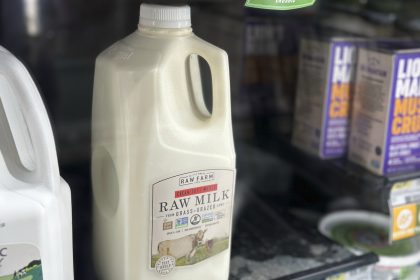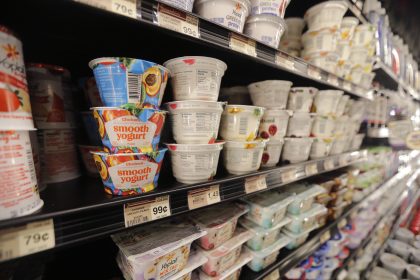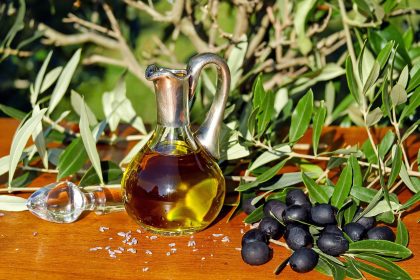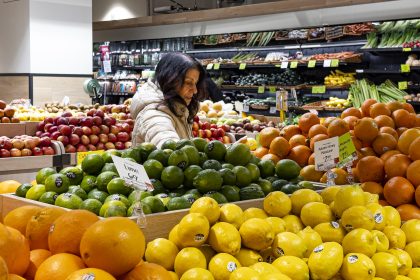New WIC Rules Include More Money for Fruits and Veggies. They Also Expand Food Choices
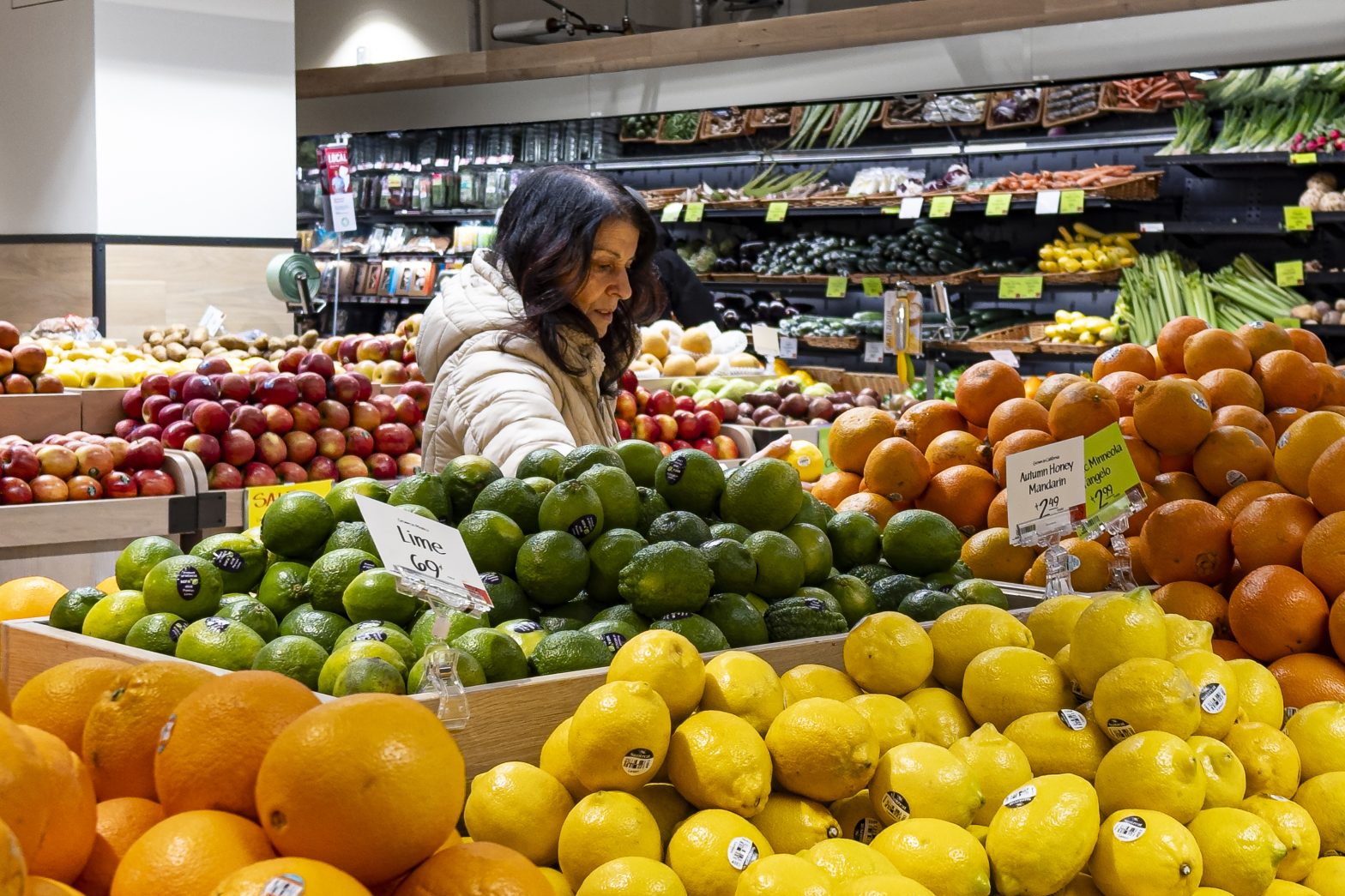
The federal program that helps pay for groceries for millions of low-income mothers, babies and young kids will soon emphasize more fruits, vegetables and whole grains, as well as provide a wider choice of foods from different cultures.
The final rule changes for the program known as WIC were announced Tuesday by the Food and Nutrition Service, and will take effect within two years with some exceptions.
Last updated a decade ago, the new WIC rules make permanent a bump in monthly cash vouchers for fruits and vegetables — something first enacted during the COVID-19 pandemic. Shoppers can also add canned fish, fresh herbs and lactose-free milk to their carts, among other changes. The voucher piece will take effect by June, officials said.
“It places a heavy emphasis on fruits and vegetables, which we think is an important component of a healthy diet,” Agriculture Secretary Tom Vilsack said in an interview. “It’s designed to fill the nutrition gaps that are often in the diets of many of us.”
The WIC program served an average of about 6.6 million low-income Americans a month in 2023 at a cost of a little more than $7 billion. It’s designed to supplement the food budgets for pregnant, nursing and postpartum women, as well as to feed babies and young kids up to age 5. That’s done by providing vouchers to mothers and children who qualify and specifically listing the amount and types of food they can buy.
But officials have said only about half of those eligible are enrolled in the Supplemental Nutrition Program for Women, Infants and Children.
Under the new rules, fruits and vegetable vouchers in 2024 will provide $26 per month for kids ages 1 through 4; $47 per month for pregnant and postpartum women; and $52 for breastfeeding women. The changes also expand access to whole grains like quinoa, wild rice and millet and to foods such as teff and whole wheat naan. They also remove or reduce monthly allowances for juice and cut back on allowances for milk.
Food plans in the program are based on recommendations from the National Academies of Science, Engineering and Medicine and the federal 2020-2025 Dietary Guidelines for Americans.
The plan failed to include a change requested by top allergists in the U.S. that would have added peanut products to foods allowed for babies ages 6 months to 11 months to help prevent peanut allergies.
Research published in 2015 showed early introduction to peanut foods can reduce the chance of allergy development in kids who are at high risk, and several U.S. guidelines suggest exposing high-risk children to peanuts as early as 4 months.
Adding peanut to the WIC guidelines may have prevented more than 34,000 infants from developing a peanut allergy, said Dr. Gideon Lack of King’s College London, who led the study. But federal nutrition officials concluded that the change was “outside the scope” of the final rule.
Dr. Ruchi Gupta, a pediatrics professor and child allergy expert at Northwestern University, called the omission “disappointing.” She noted that WIC enrollees often include children of color who are at higher risk of developing dangerous peanut allergies.
The decision “can only increase disparities we are already seeing in food allergy prevalence,” she said.
___
The Associated Press Health and Science Department receives support from the Howard Hughes Medical Institute’s Science and Educational Media Group. The AP is solely responsible for all content.


















